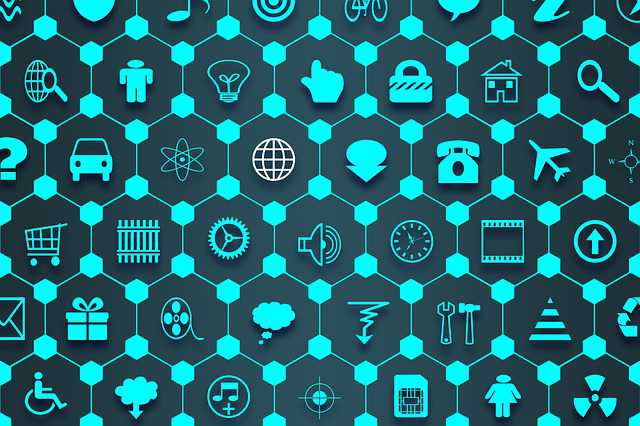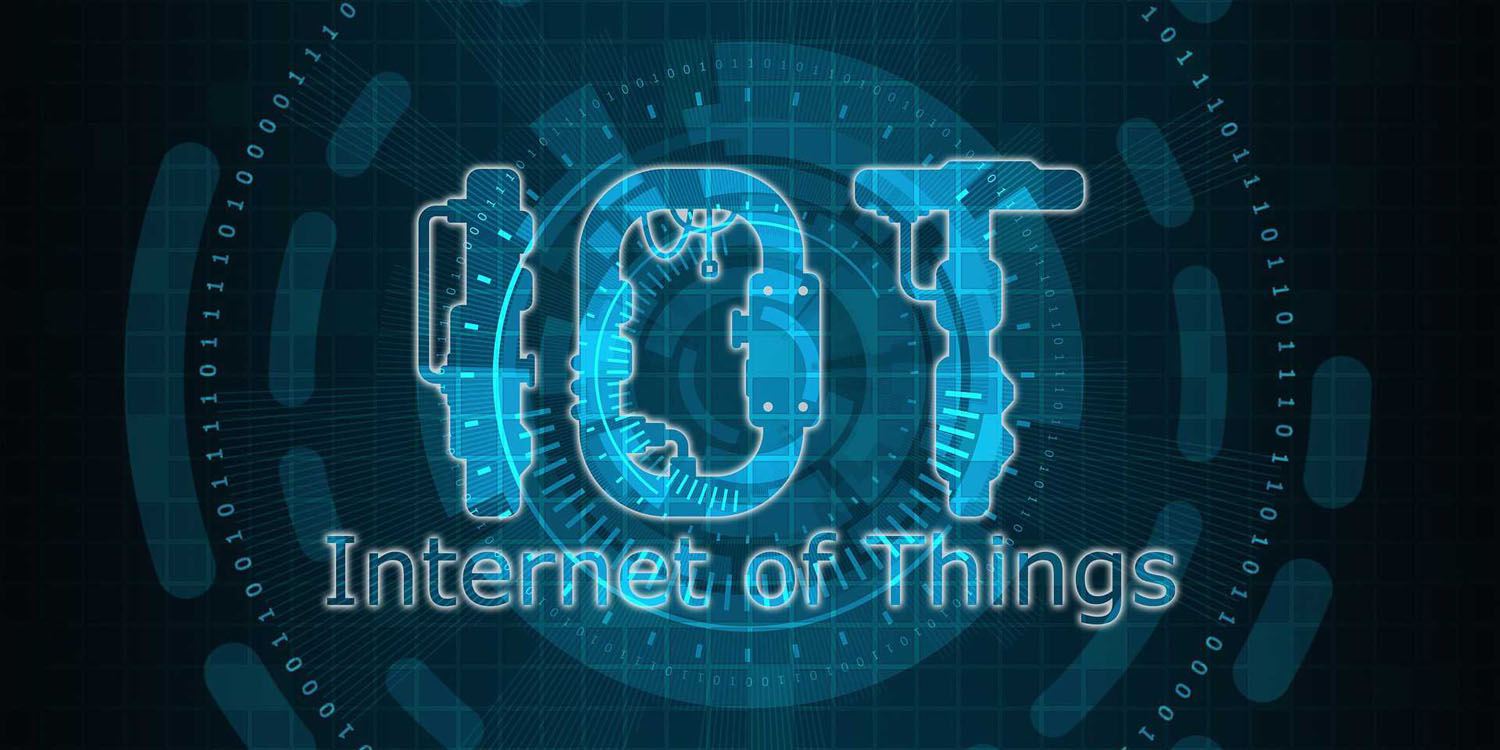Internet of Things: The Future of Modern Technology
The Internet of Things (IoT) calls attention to the billions of internet-connected physical devices throughout the globe that collect and share data. Courtesy of the low-cost computer chips as well as the prevalence of wireless networks, the possibility exists to change virtually anything into a component of IoT. Linking up such various objects as well as including sensors to top up a digital intelligence level to gadgets that would otherwise be a dump, allowing them to convey real-time information without including human input. The Internet of Things is producing a more responsive and smarter fabric of the universe that merges the physical and digital worlds.?

(Image credits: Pixabay.com)
The Scope of Internet of Things?
There already exists more linked things than persons in the world. Technology analyst firm IDC projects that taken as a whole by 2025, 41.6 billion devices will be connected to the Internet of Things. It implies industrial as well as automotive equipment constitute the biggest possibility of connected things although it also experiences the utilization of smart home along with wearable gadgets in the future. Another technology analyst, Gartner, anticipates that the business coupled with automotive industries will rationalize 5.8 billion devices in this year, which is up nearly a quarter in 2019.
?
The highest consumer of IoT will be utilities because of the continuous deployment of smart meters. Second in line will be security gadgets along the lines of intruder identification as well as web cameras. The fastest developing industry will be construction automation such as connected lighting followed by connected vehicles and tracking of chronic diseases in the healthcare sector.
How IoT Functions
Generally, IoT works with devices with hardware such as sensors that gather data. The collected data is then shared through the cloud and incorporated with software, which then analyzes along with transmits the information to users through a site or application. Smart devices link to an Internet of Things platform, depicted by IoT for All professionals as support software that links all things in an Internet of Things system. Sector giants such as IBM and Oracle have made a handful of IoT platforms.?
Advantages of Internet of Things for Enterprise
The perks of the IoT for enterprise rely on the specific application, agility, as well as efficiency, are normally top factors. The concept is that businesses need access to more information about their commodities along with their internal systems coupled with greater capability to adjust as an outcome. Manufacturers are incorporating sensors to the elements of their commodities so they can transfer information about their performance. It can assist firms to detect when an element is probably going to fail and switch it before any damage occurs.
?
Firms can utilize the information produced by such sensors to increase the efficiency of their systems and supply chains as they will contain more precise data about what is happening. Business utilization of IoT can be split into two sectors and they include sector-specific provisions such as real-time location gadgets for healthcare or sensors in a production plant. There are also other sectors such as security systems or smart air conditioning where IoT devices could be used. While sector-specific commodities are likely to make an early run, Gartner anticipates that by 2020 cross-industry gadgets will get to 4.4 billion units, whereas vertical-particular gadgets will total to 3.2 billion units.
?
Users acquire more devices although enterprises spend more. The analyst group noted that while user spending on IoT gadgets was approximately $725 billion in the previous years, enterprises spending in Internet of Things got to $964 billion. By 2020, consumer and business spending in the Internet of Things hardware will reach $3 trillion. Global IoT expenditure was expected to hit $745 billion by 2019, which would be a rise of 15.4% more than the 2018 expenditure of $646 billion. According to IDC, in 2022, IoT expenses would hit the $1 trillion mark.
Smart Homes and IoT
For users, the smart home is likely where they get to interact with internet-based things. It is one field where the large technology firms particularly Apple, Amazon, and Google are showing keen interest. The most apparent of such are smart speakers including Echo from Amazon though there are lightbulbs, smart fridges, cameras, smart plugs, and thermostats.?
?
The Internet of Things has the potential to develop life-altering conditions in the world both in personal and professional circles. Most of the creations are in place with a lot of possibilities in the coming years. IoT provides an unprecedented efficiency and control level that attracts the majority of the industries.

